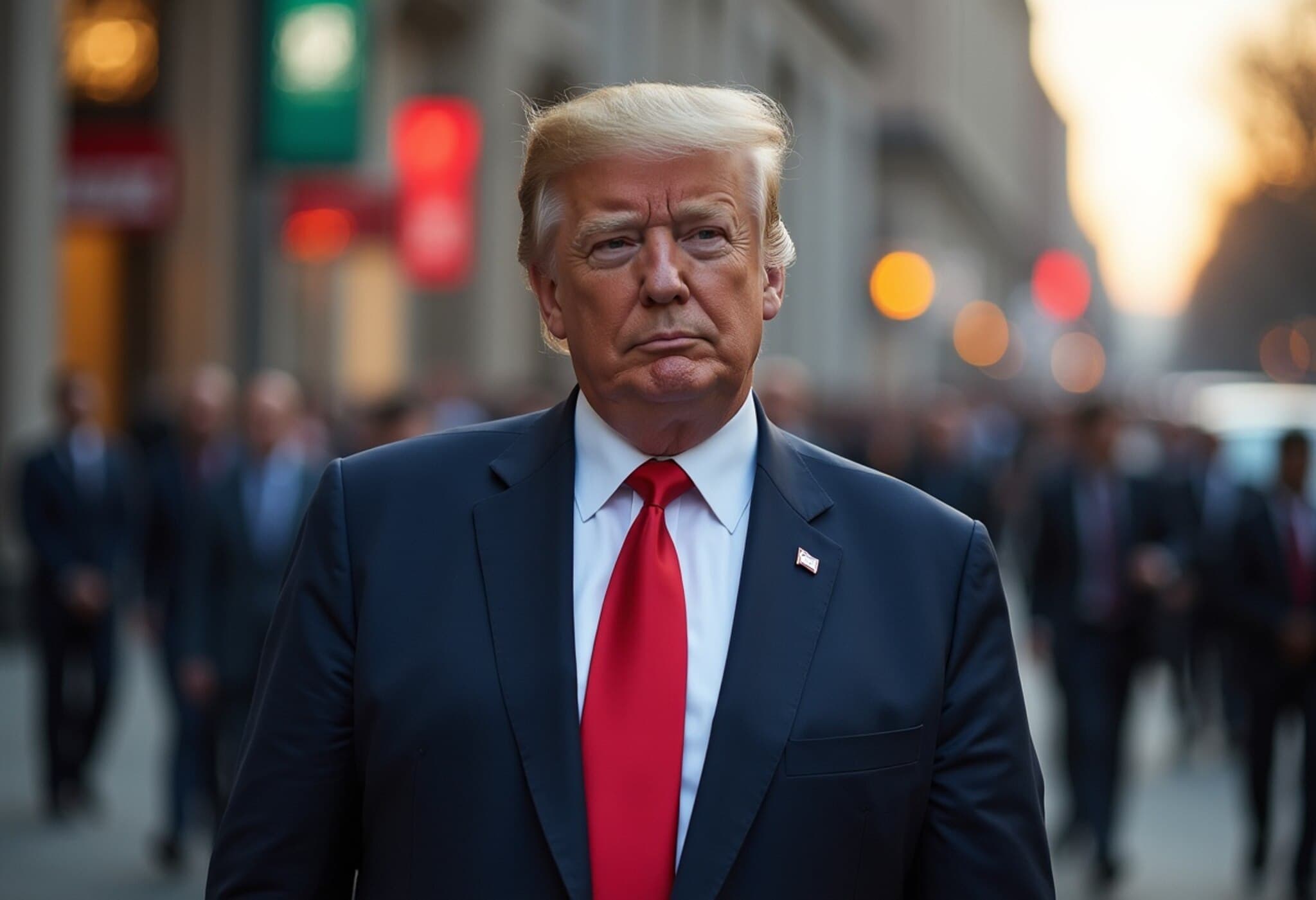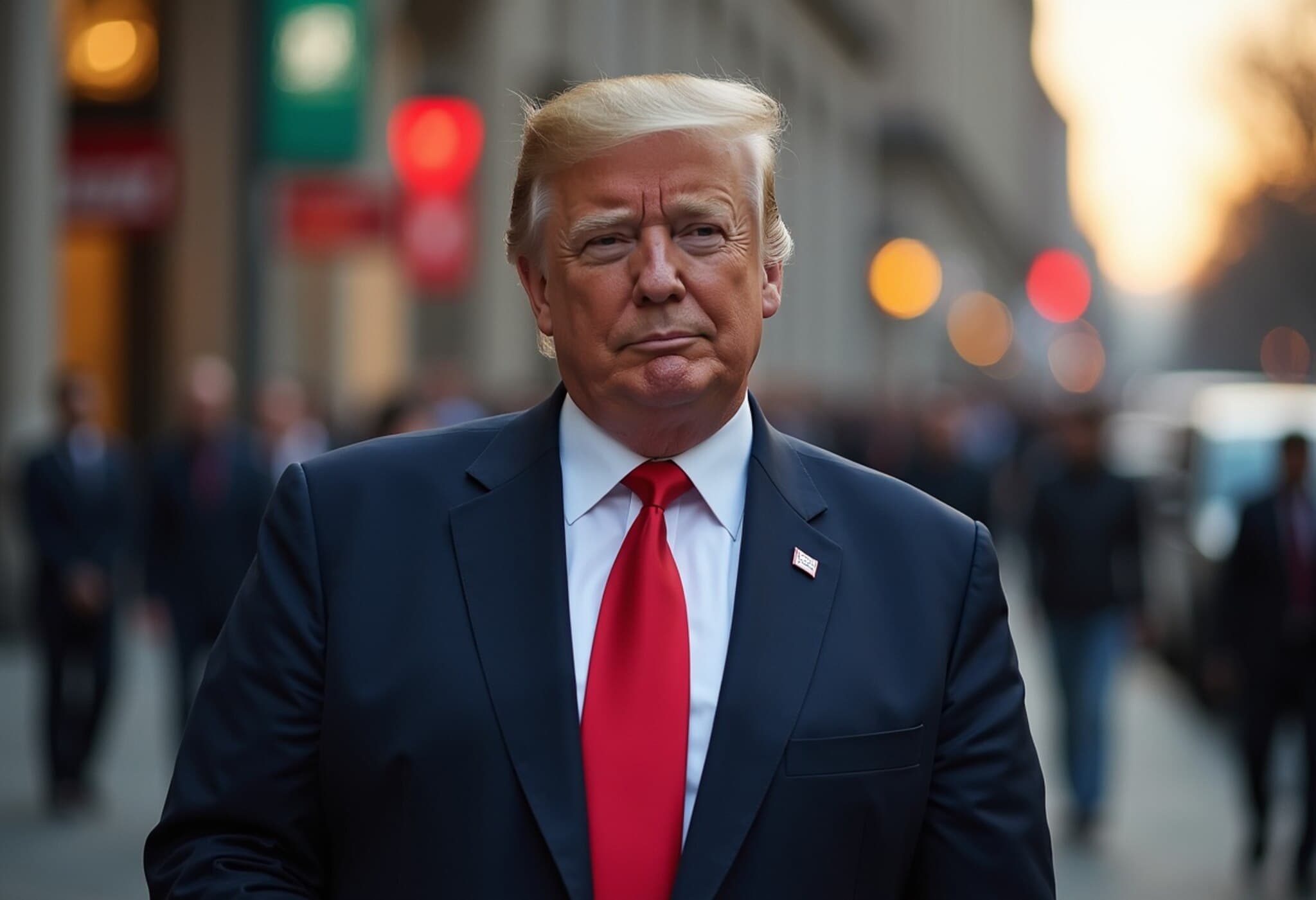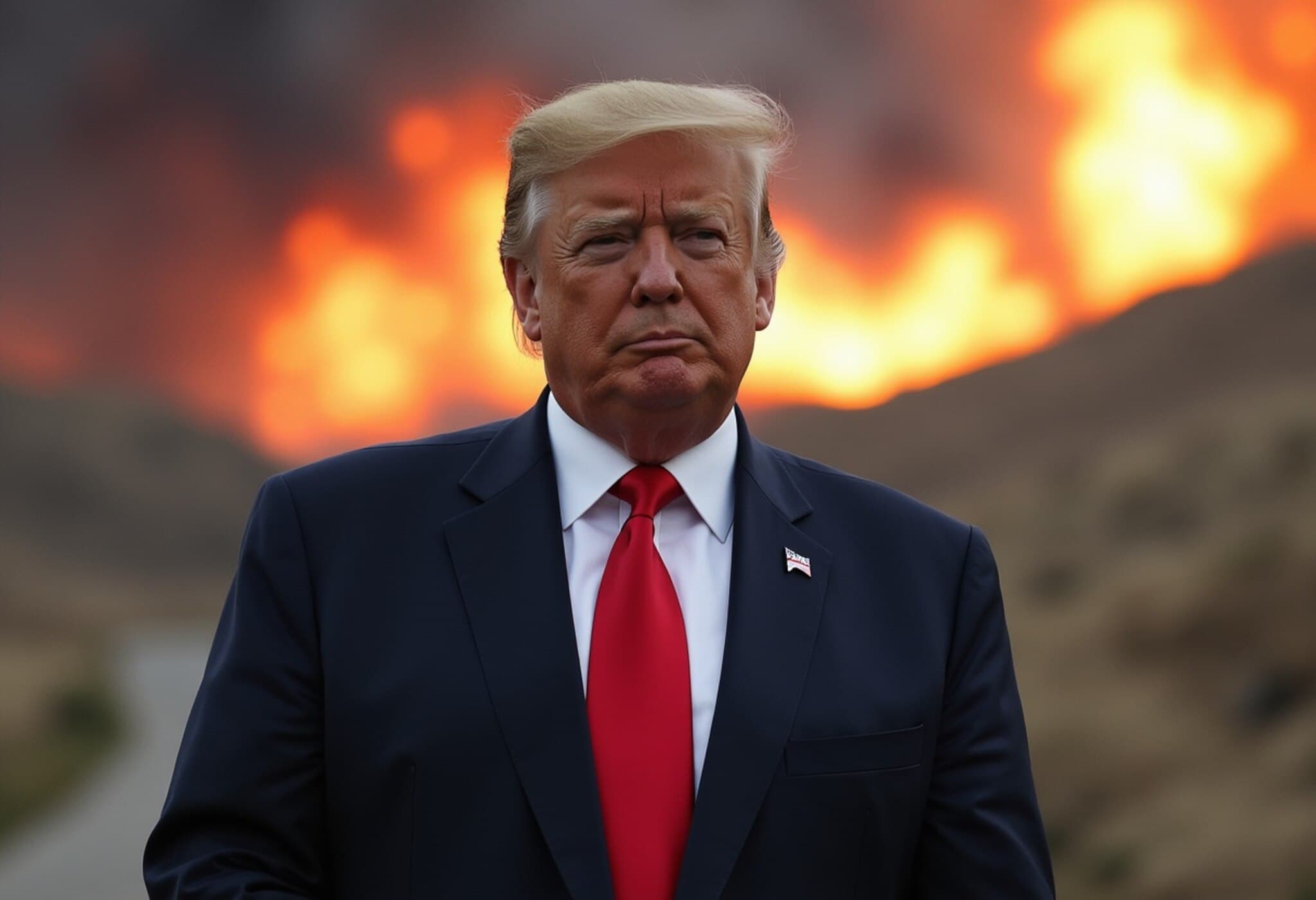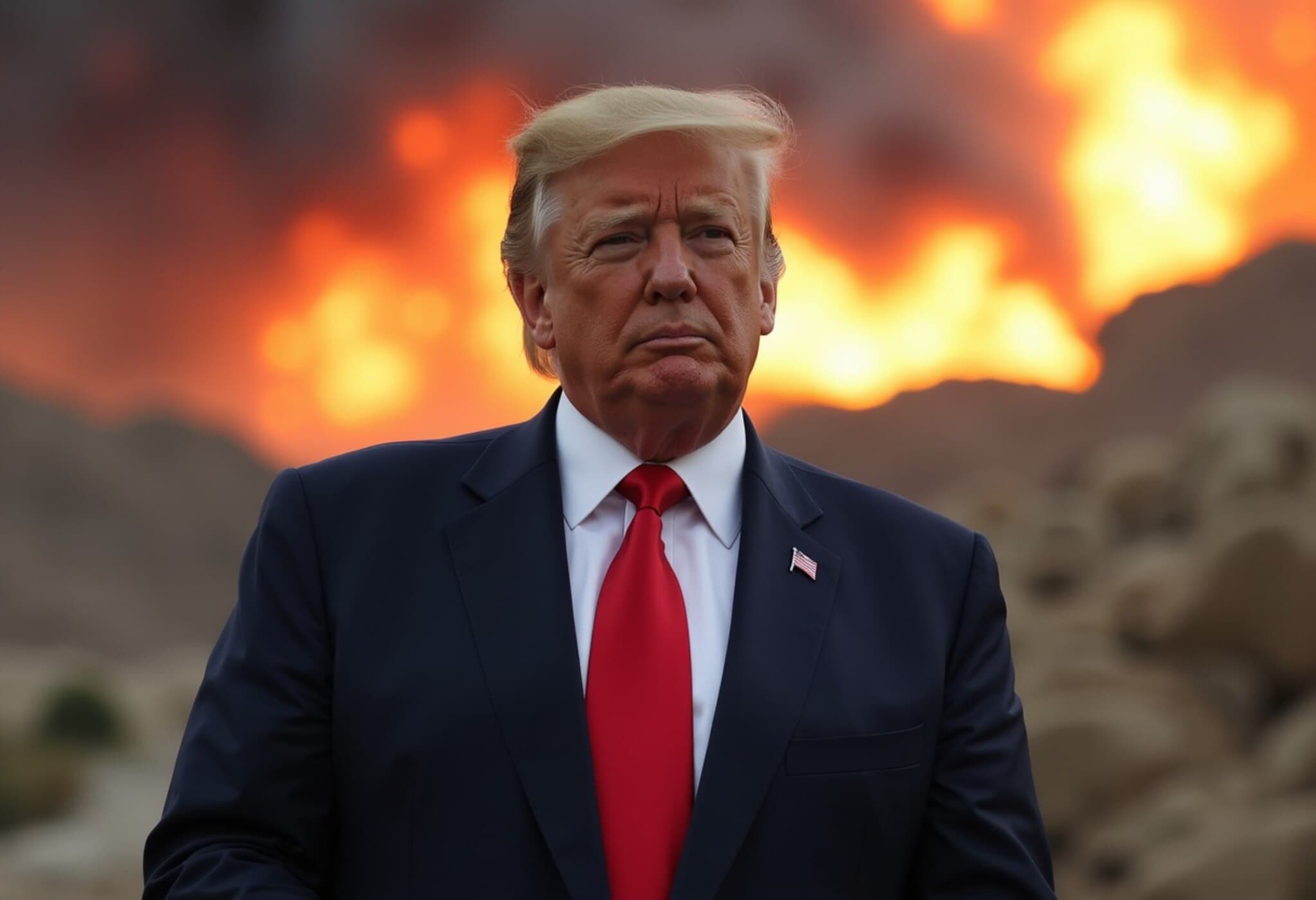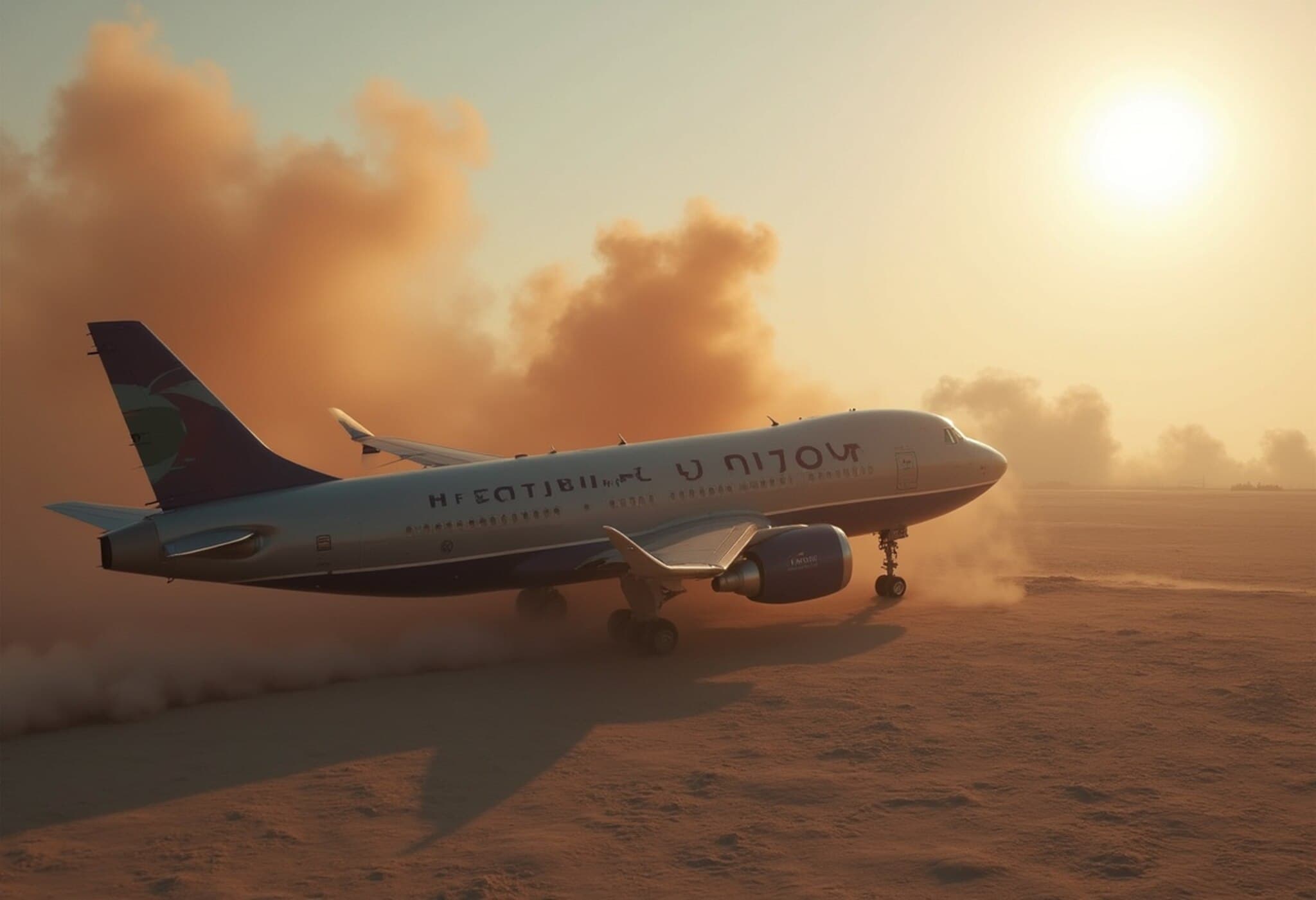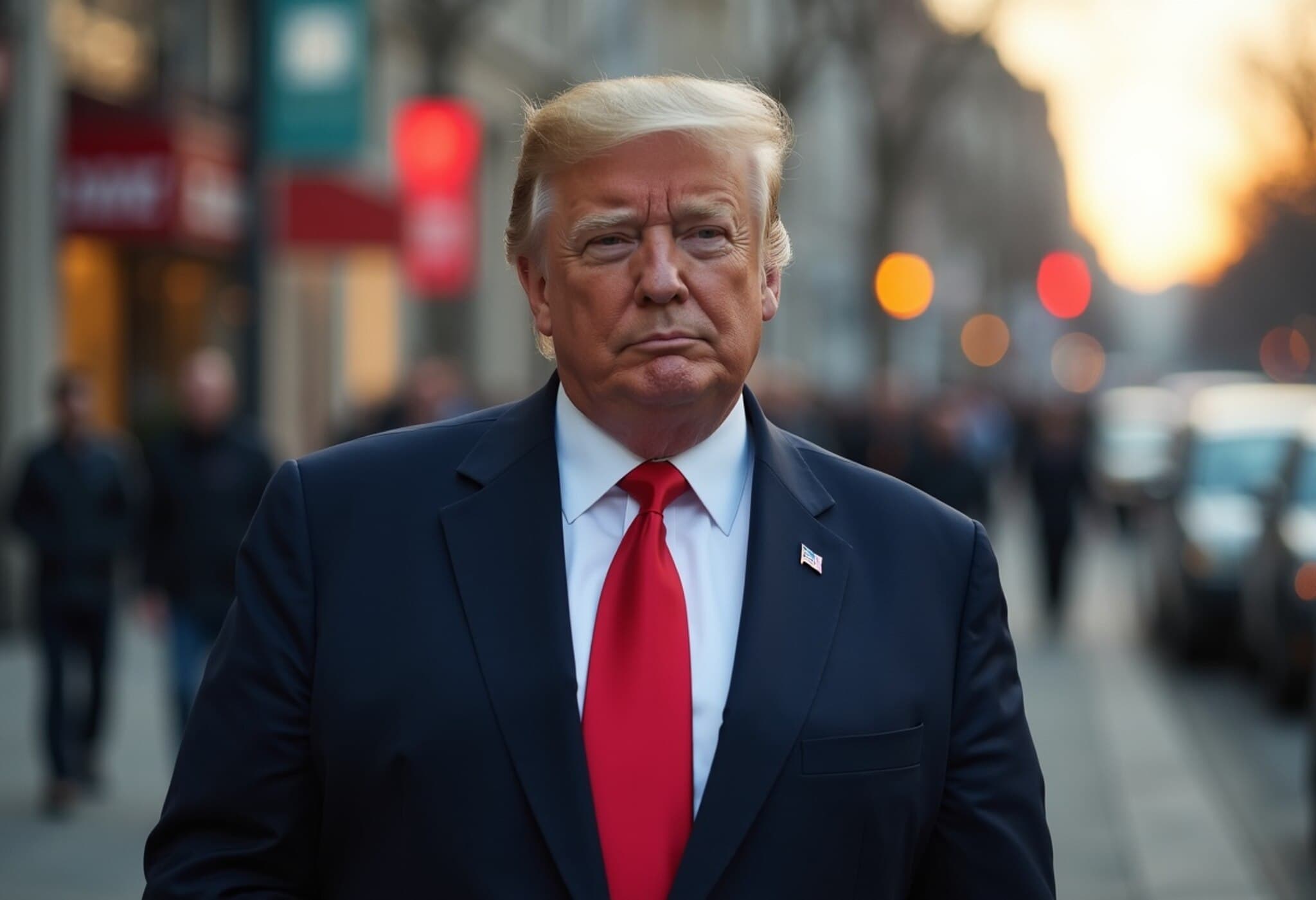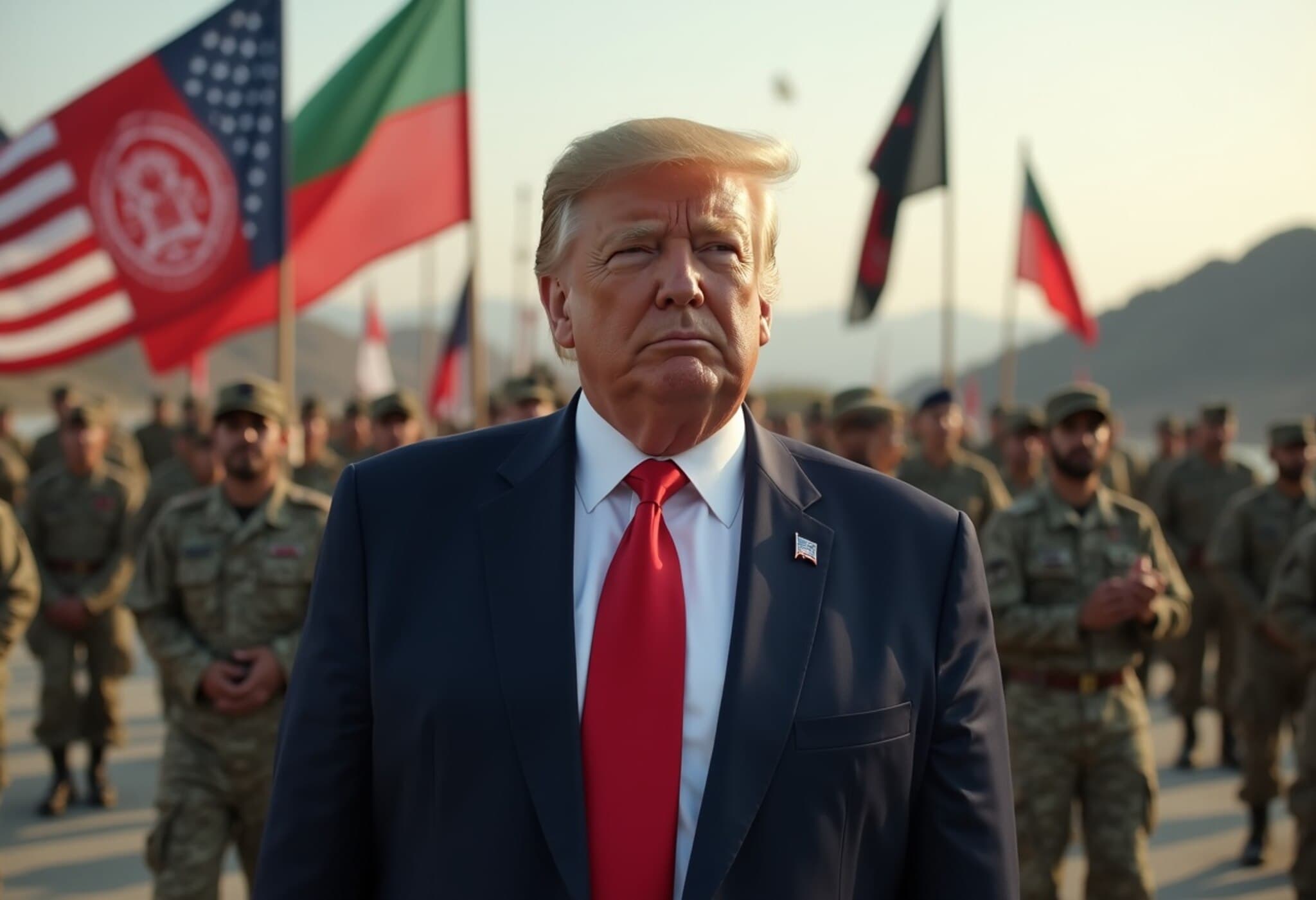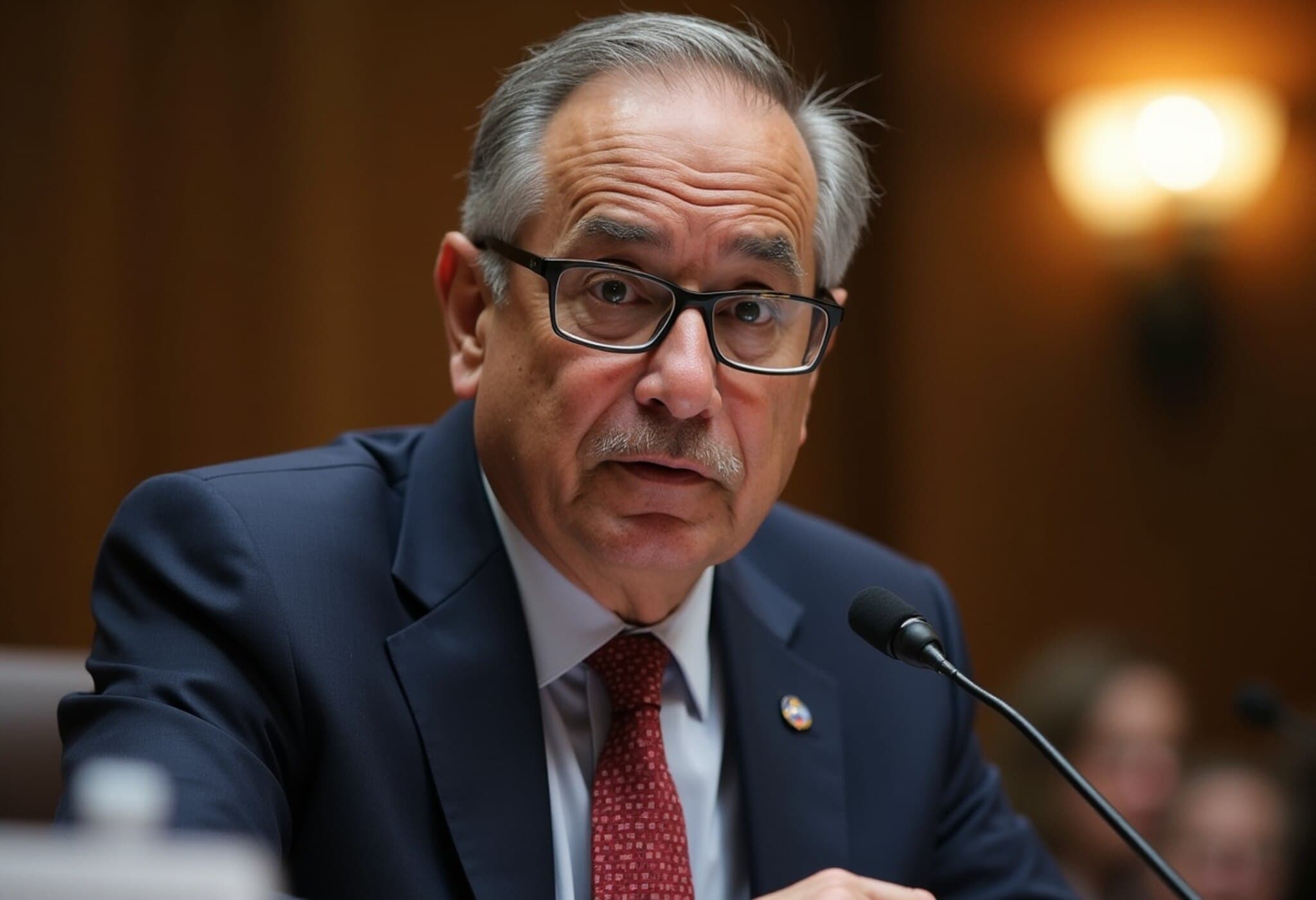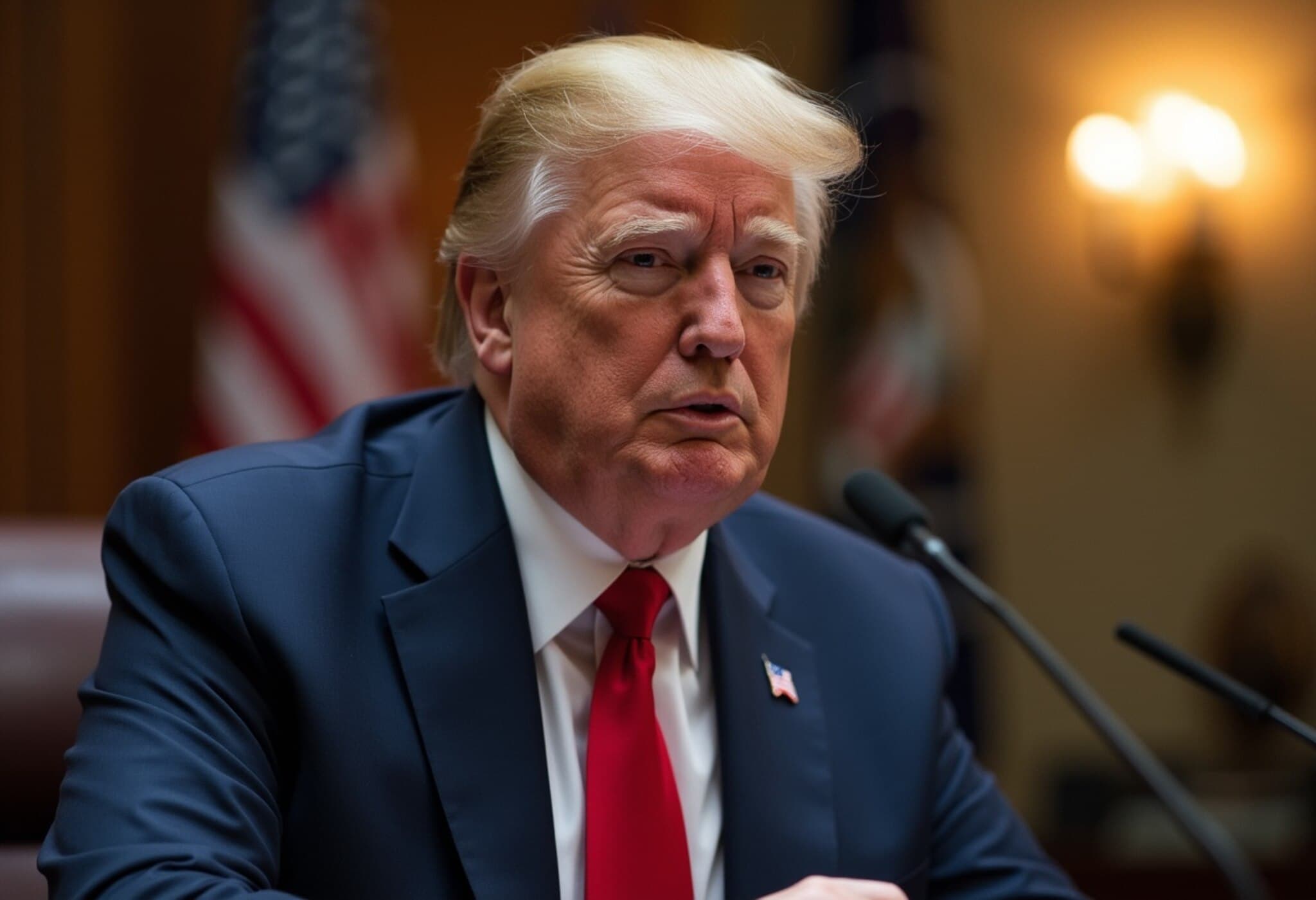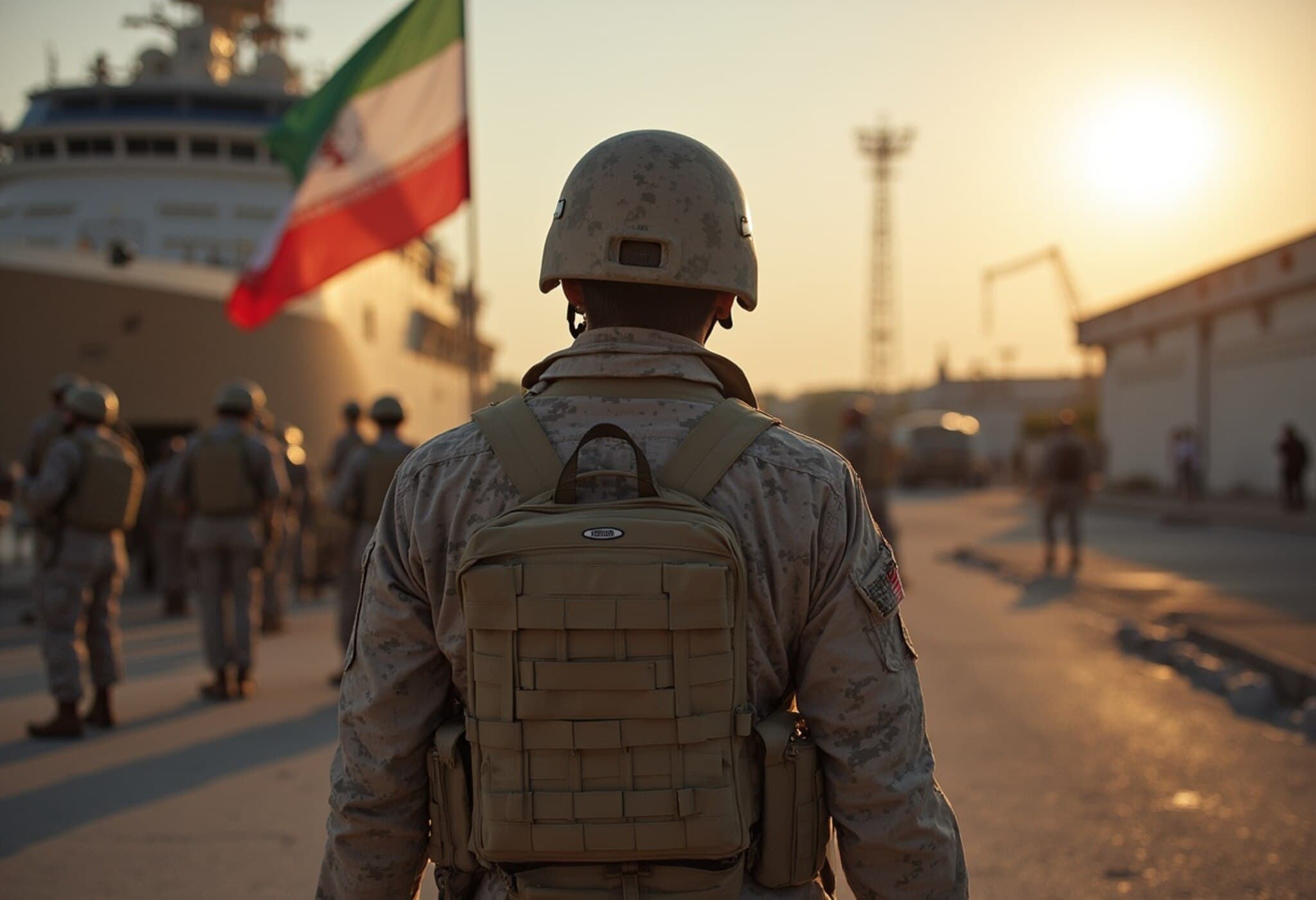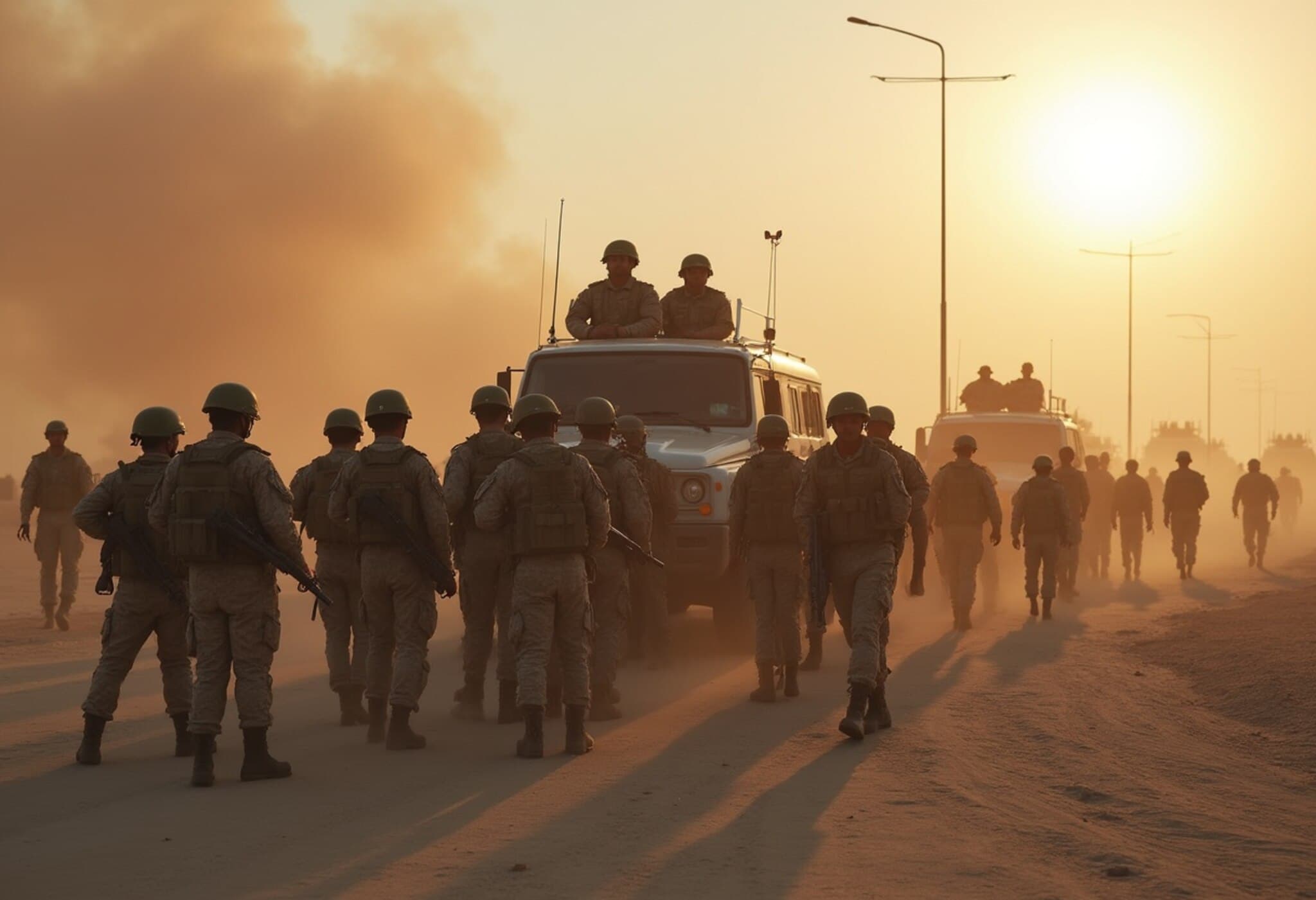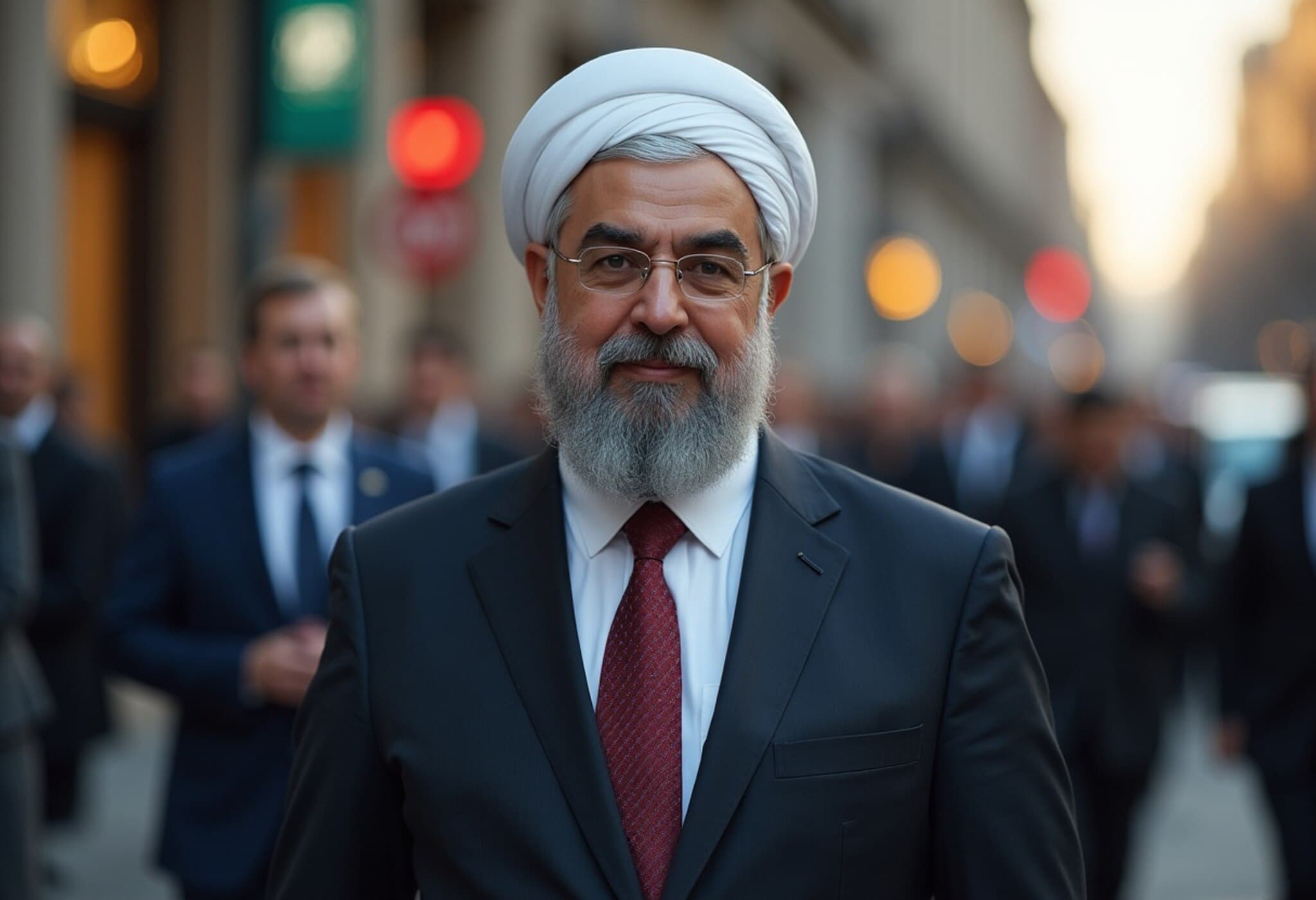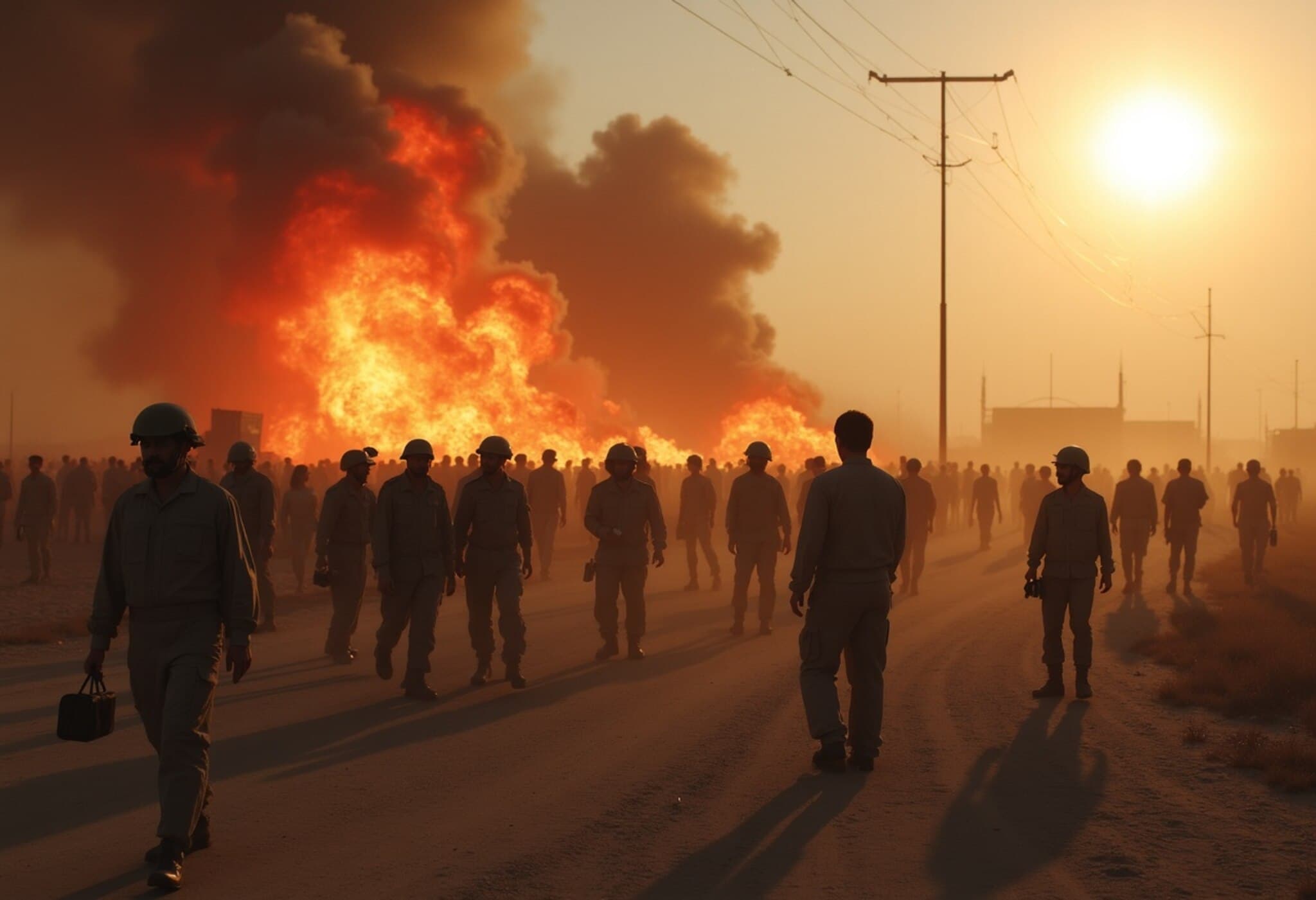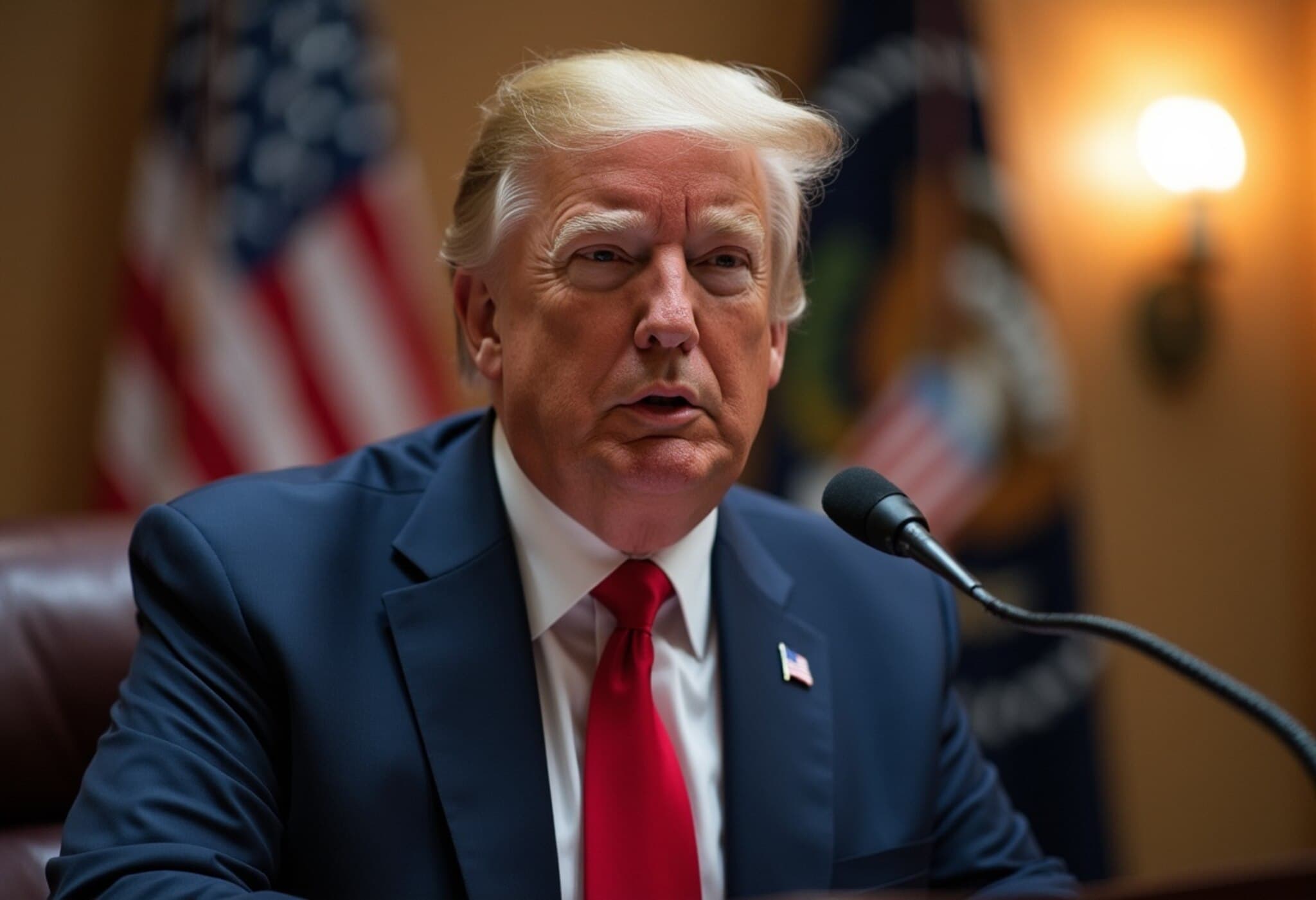US Reduces Military and Diplomatic Presence in the Middle East
In a move signaling escalating regional tensions and stalled nuclear negotiations, the United States has initiated a significant reduction of its personnel in key Middle Eastern locations. Nonessential State Department staff have been ordered to leave Baghdad, while optional departures have been authorized for personnel and families in Bahrain and Kuwait. The US military is also permitting voluntary withdrawals of dependents from several bases as instability grows and scrutiny on Iran intensifies.
Trump Emphasizes Nuclear Non-Proliferation as Troops Withdraw
President Donald Trump announced the withdrawal of troops from parts of the Middle East, describing the region as potentially “dangerous.” Highlighting concerns over Iran’s nuclear ambitions, he asserted, “They can’t have a nuclear weapon, very simple. We’re not going to allow that.” This development comes amid a breakdown in diplomacy aimed at curbing Iran’s nuclear program.
The move includes the evacuation of nonessential staff from the US Embassy in Baghdad, which has been functioning with limited personnel for some time. Additionally, family members of military personnel stationed in the area have been afforded the option to leave voluntarily, reflecting apprehensions about the security environment.
Diplomatic Review and Fallout of Nuclear Talks
A White House spokesperson explained that the drawdown followed a regular, strategic review of American personnel abroad. This decision coincides with fresh obstacles in the US-Iran nuclear negotiations. Talks originally scheduled for Oman are now uncertain, with insiders suggesting the possibility of cancellation.
President Trump expressed growing skepticism over the prospects of a deal, noting that talks appear to be stalling due to Iranian delays. “I’m getting more and more less confident about reaching a deal,” he commented.
Iran’s Defiant Response
In stark contrast, Iran has denied any intent to develop nuclear weapons, accusing the US of destabilizing the region through military threats. Their UN mission underscored that “US militarism only fuels instability.” Iran’s Defense Minister warned that if conflict ensues, the US would face substantial casualties, threatening that American regional bases are within Iran’s reach.
IAEA’s Potential Censure Heightens Stakes
The International Atomic Energy Agency (IAEA) is contemplating censure against Iran for its nuclear activities, a move that could trigger renewed UN sanctions. These developments add to the complex backdrop of the 2015 nuclear deal, from which the US withdrew years ago.
Maritime Security Concerns Amplify Risks
Given the volatility, the UK’s Maritime Trade Operations Centre has urged vessels to exercise caution in critical waterways such as the Persian Gulf, Strait of Hormuz, and Gulf of Oman. These regions have seen prior incidents involving vessel seizures and attacks attributed to Iranian forces, elevating fears of further confrontations.
Looking Ahead
The US drawdown, mixed with diplomatic deadlock and potent warnings from Tehran, underscores a dangerously fragile situation. As global attention remains fixed on this geopolitical flashpoint, the possibility of containment giving way to conflict looms large.

